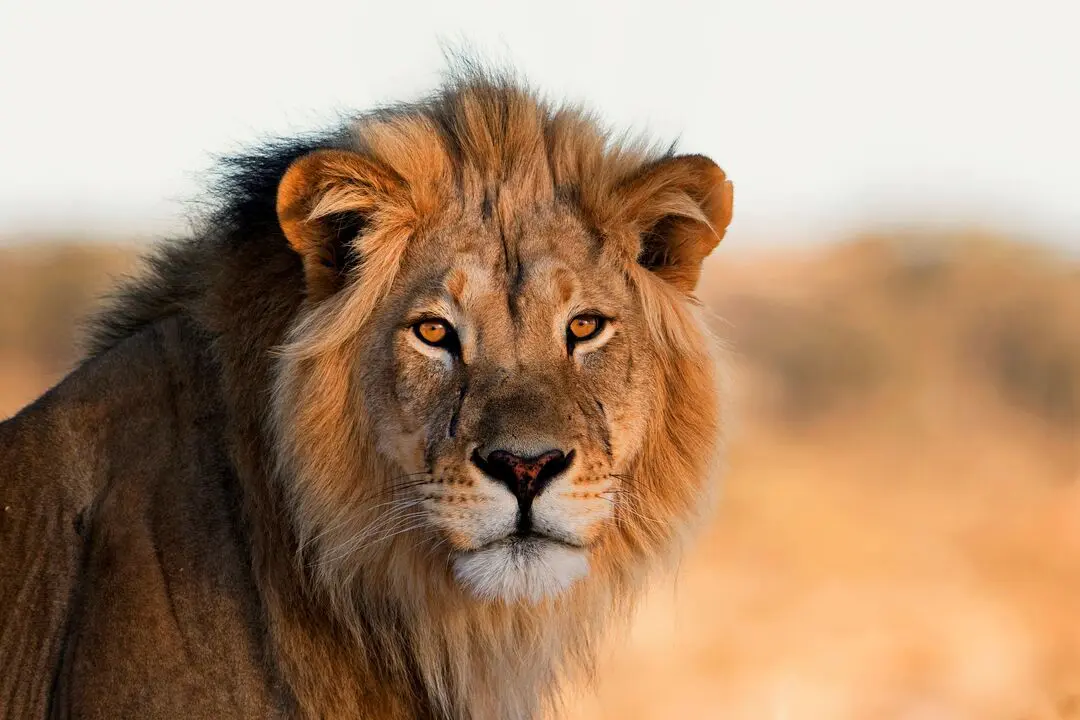
A lion at the Olusegun Obasanjo Presidential Library Wildlife Park in Abeokuta, Ogun State, has killed its handler, Babaji Daule.
Daule, 35, was reported killed while approaching the cage to feed the lion on Saturday.
According to a statement by the management, the deceased, a trained handler of a male lion, agreed to take some guests to demonstrate the feeding routine of the lion in its inner enclosure after the park’s closing time.
He was said to have neglected to secure the locks and barricade of the lion’s enclosure.
“The zookeeper, apparently feeling comfortable with the animal, left the safety protection gate open and proceeded to feed the animal. He was mauled by the animal and died on the spot.
“To prevent further mutilation of the body, the animal was put down immediately by personnel of the park. It is important to state that this activity fell completely outside the standard feeding routine of the park,” the management said.
Confirming the incident to newsmen on Sunday, police spokesperson Omolola Odutola said the lion attacked the handler, resulting in fatal injuries to his neck, which eventually led to his death.
She said, “On September 28, 2024, at about 7:40 a.m., the Chief Security Officer of the Olusegun Obasanjo Presidential Library informed the Divisional Police Officer that a 35-year-old man named Babaji Daule from Bauchi State, who is a trained handler of a male lion at the Zoological Garden in OOPL Abeokuta, tragically lost his life.
“It was discovered that the lion handler carelessly neglected to secure the locks and barricade of the lion’s enclosure before approaching the cage to feed the animal. This negligence allowed the lion to escape and attack the handler, resulting in fatal injuries to the handler’s neck and eventual death.”
According to her, the corpse has been deposited at the mortuary in Ijaye General Hospital, Abeokuta.
Meanwhile, the management, while expressing condolences to the deceased’s family, reassured the public that it is dedicated to providing the highest level of safety and protection for all visitors, wildlife employees, and the species itself.


